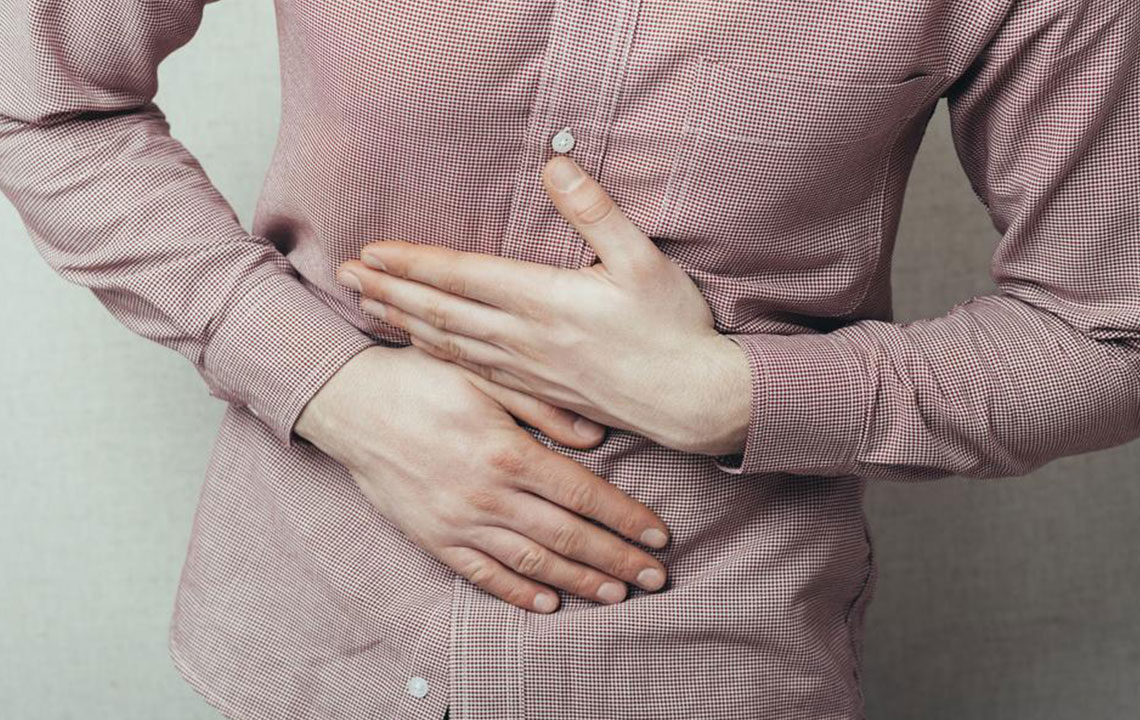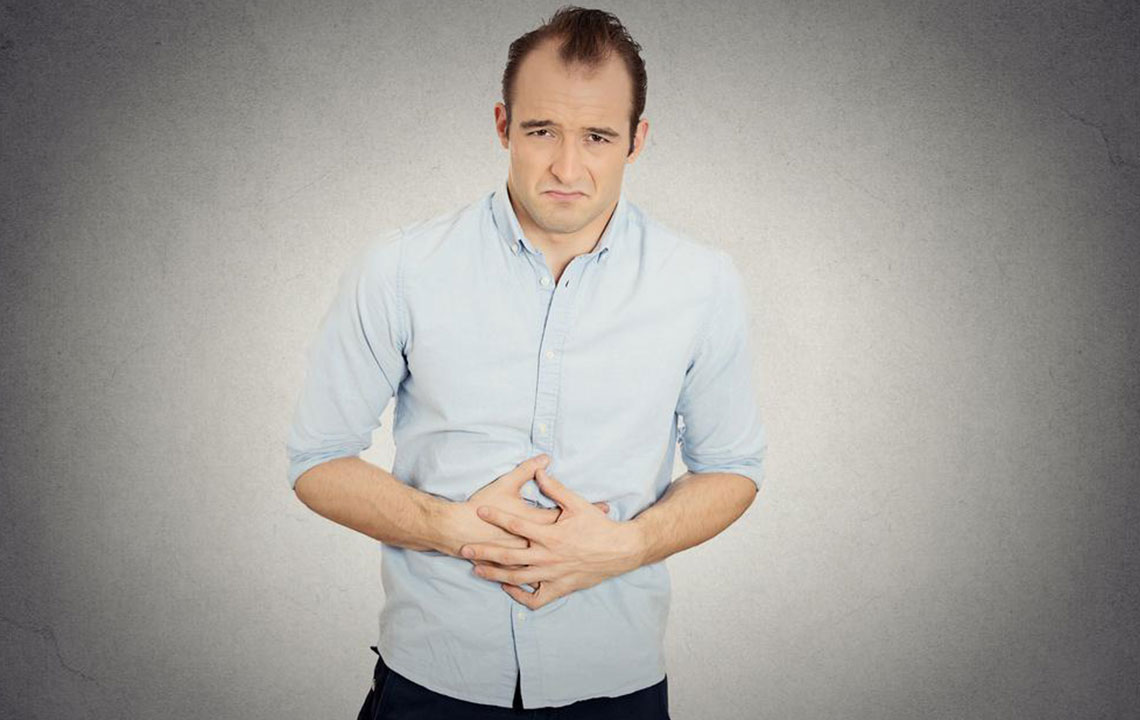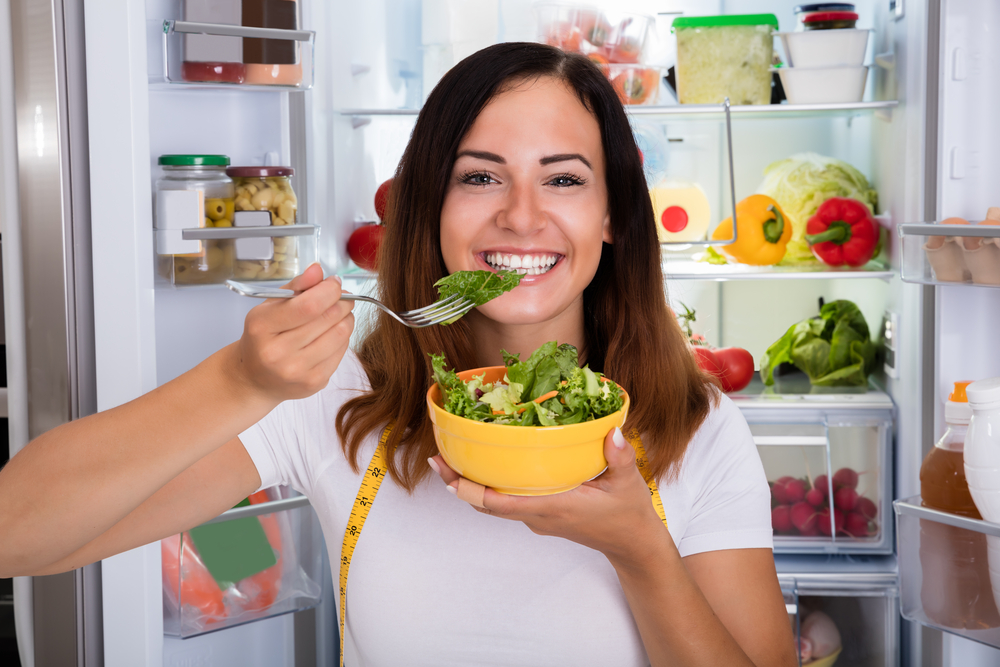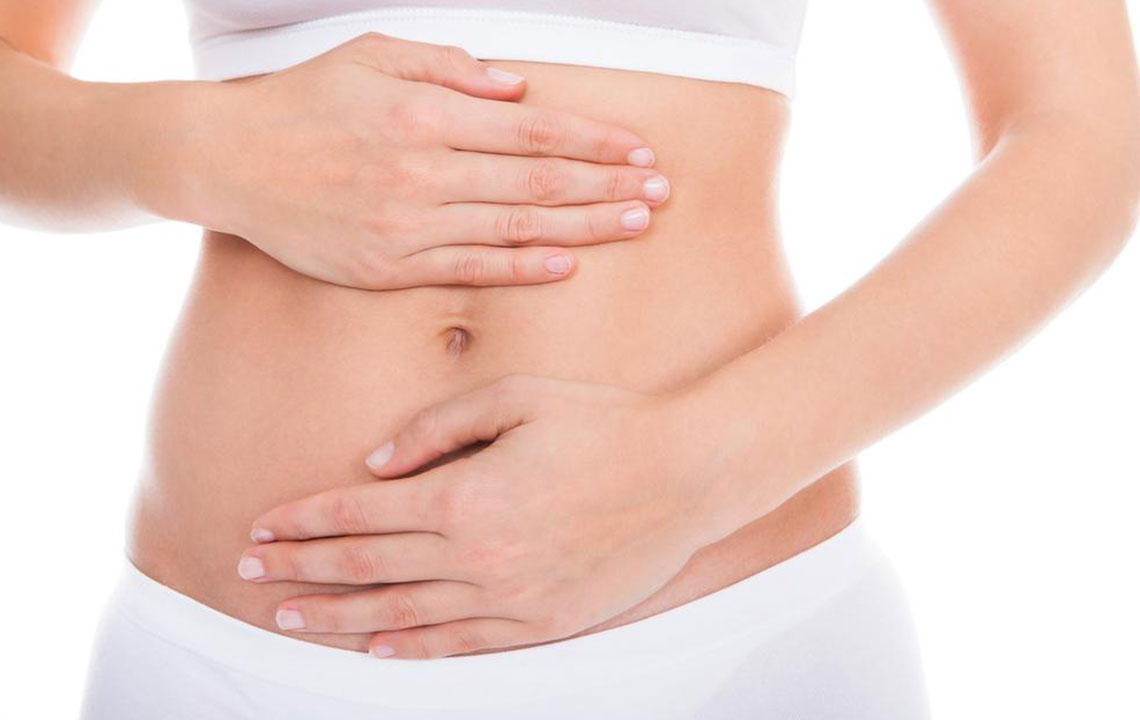Effective Dietary Strategies to Alleviate Diarrhea
Discover effective dietary tips to manage and prevent diarrhea. Learn what foods to include and avoid, stay hydrated, and understand when to seek medical help. Proper nutrition can speed up recovery and reduce discomfort from digestive issues.
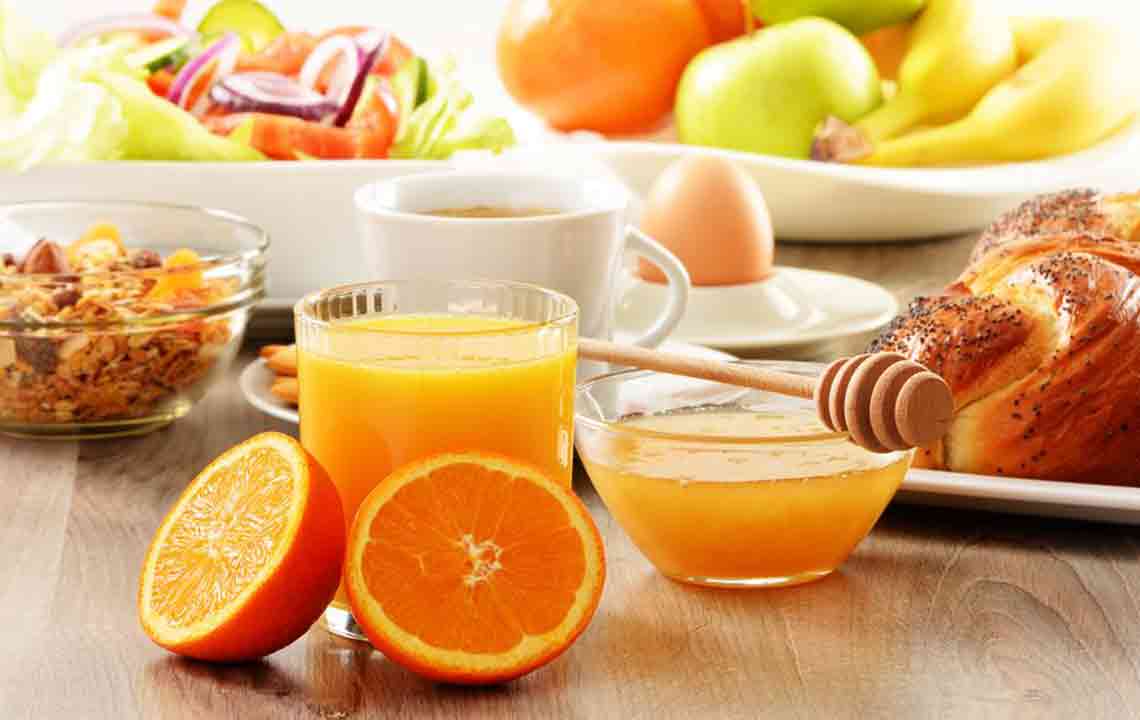
Effective Dietary Strategies to Alleviate Diarrhea
Experiencing stomach upset is unpleasant, as digestive issues can cause significant discomfort. Conditions like diarrhea can lead to dehydration, fatigue, and a decreased appetite. On average, adults may suffer from diarrhea 2-3 times annually, often triggered by infections or food sensitivities. Though typically not severe, diarrhea can disrupt your plans.
This common ailment affects all ages but usually resolves within a couple of days. Preventive measures and proper diet are crucial for recovery and comfort during episodes.
Knowing what to eat during diarrhea is vital to support healing. An appropriate diet reduces symptoms and speeds recovery. For parents managing children with diarrhea, understanding the right foods is especially important. This guide outlines dietary tips to manage and prevent diarrhea effectively.
Stay Hydrated
During diarrhea, increased fluid loss requires replenishment. Drinking plenty of fluids helps prevent dehydration. Opt for water, ice chips, and liquids rich in electrolytes. Useful options include:
Clear broths like chicken or beef (without oil)
Electrolyte solutions available at pharmacies
Salt and sugar water
Coconut water, a natural remedy for dehydration
Similar rehydration drinks like Pedialyte
Lightly brewed decaffeinated tea
The BRAT diet—bananas, rice, apples, and toast
Another traditional approach is the BRAT diet, consisting of gentle, binding foods that soothe the gut, such as cooked cereals (cream of wheat or farina), soda crackers, and apple-based products. These help stabilize stool passage and ease digestion.
Foods to Limit or Avoid
Recognizing foods that worsen symptoms is essential. While some reactions are apparent, avoiding certain foods accelerates recovery. During diarrhea, steer clear of:
Fried, greasy, or fatty foods
Dairy products such as milk, cheese, and butter
Spicy dishes
Red meats like pork and veal
Seafood including prawns and squid
Raw vegetables and onions
Citrus fruits like oranges and lemons
Seeded fruits such as berries and grapes
Alcoholic beverages
Caffeinated drinks like coffee and soda
Artificial sweeteners such as sorbitol
Adhering to this diet helps manage symptoms efficiently. If diarrhea persists beyond two days or dehydration worsens, consult a healthcare professional. Identifying trigger foods can facilitate better dietary choices in the future.

